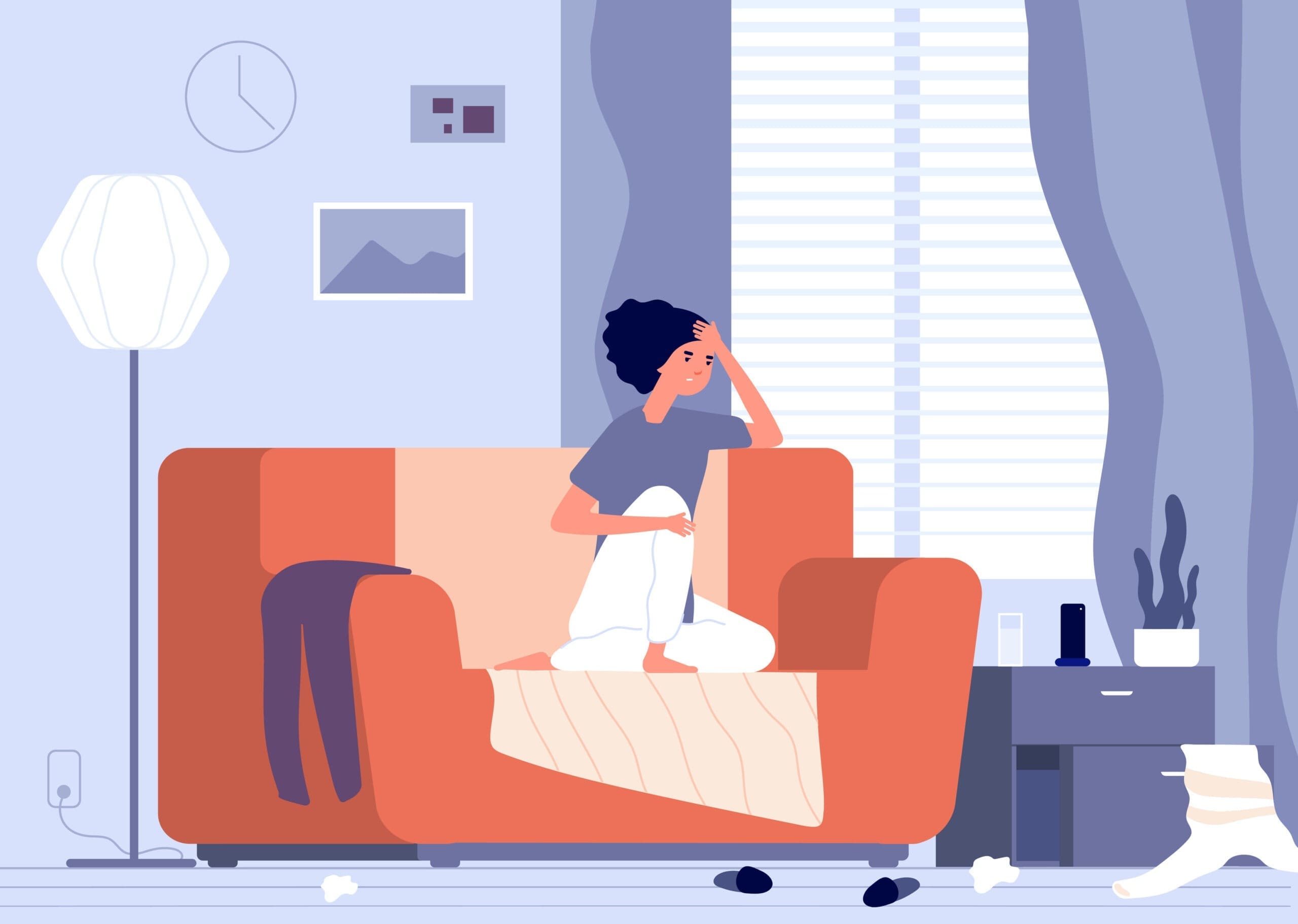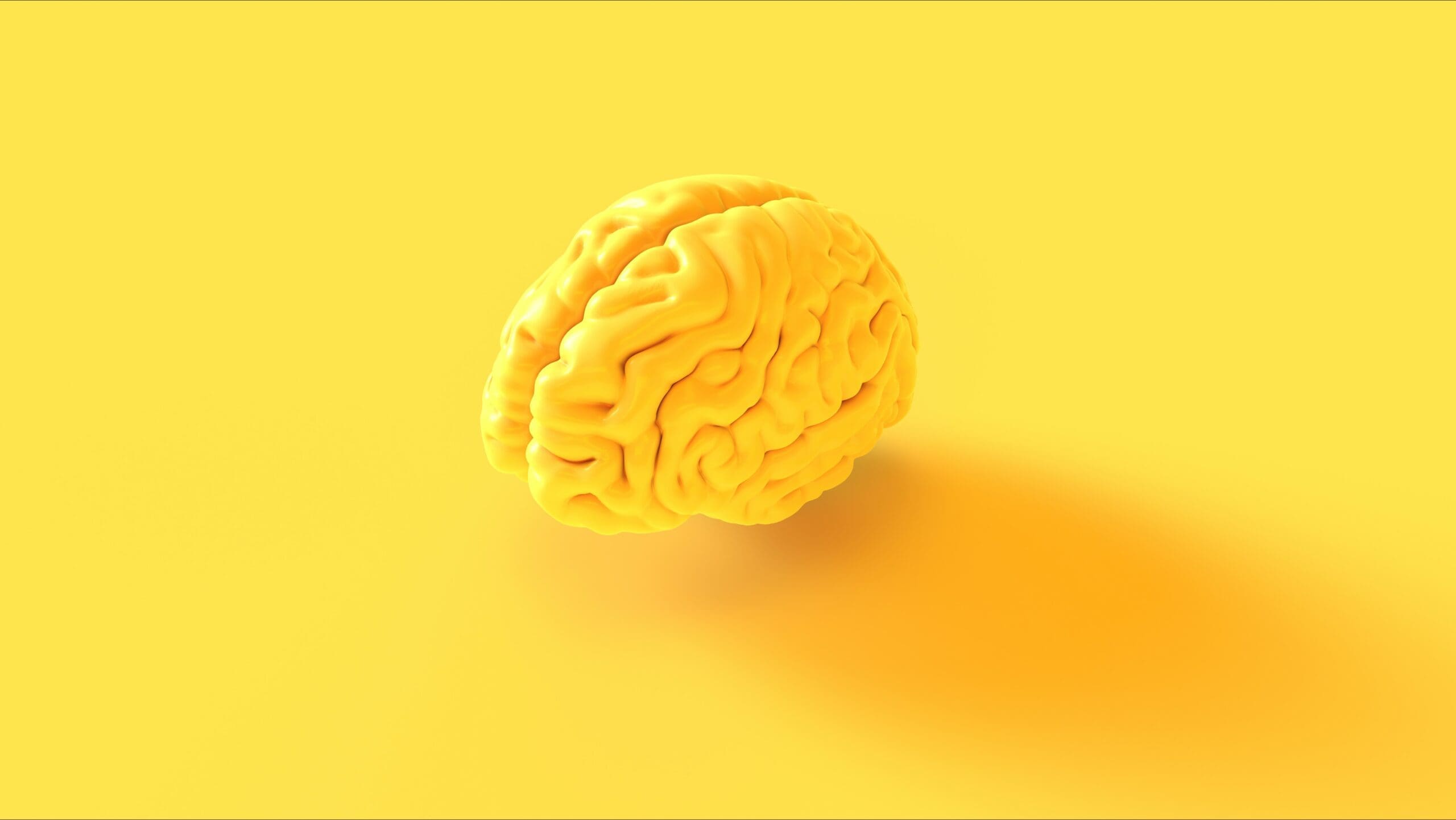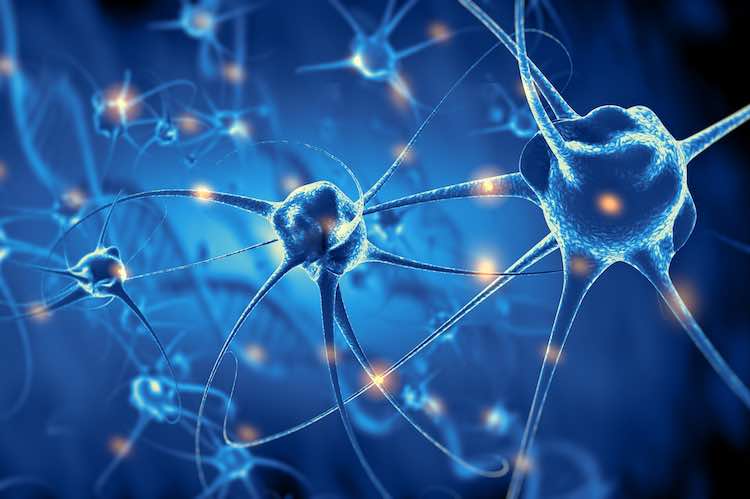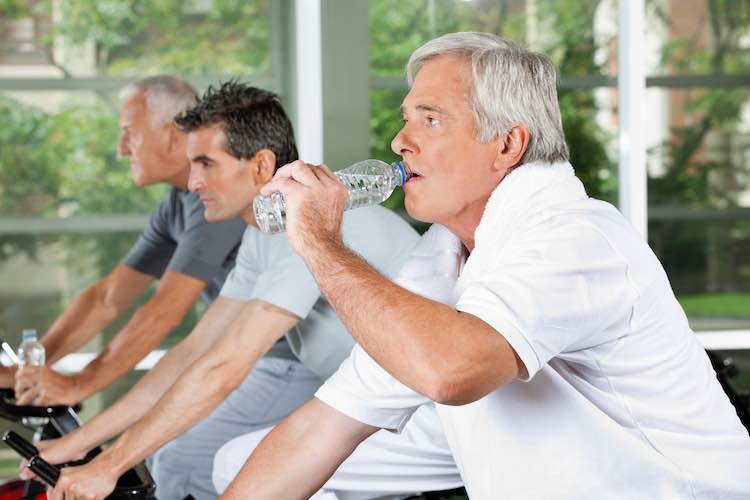People who started exercising in midlife have a low risk of dying prematurely, similar to people who have been exercising since an early age.
ageing
Who is at the greatest risk of loneliness?
There is growing evidence that loneliness is a health risk and a recent study has shown this to be true with surprising spikes in loneliness during different life stages.
Can you reduce the age of your brain?
The research is in and it’s good news. Older people who do aerobic exercise weekly can improve their cognition and reduce their ‘brain-age.’
Can you prevent dementia?
Research shows that modifying your lifestyle can reduce the effect of cognitive decline in older adults.
Why does a good night’s sleep gets harder with age?
A new review on the sleeping habits of older adults finds that there is a reduced ability to achieve deep sleep as you age and this has negative health consequences.
Diet, telomeres and ageing: are they related?
Telomeres are the protective cap on the end of chromosomes which are linked to ageing. In the first piece of research of its kind, researchers investigated to what extent diet can influence telomere length, this is what they found.
Does brain training work?
Research now shows that it’s not all bad news for those who have been tirelessly working out their neural transmitters with brain training programs.
Video: Parkinson’s disease awareness
For more than 110,000 Australians living with Parkinson's disease, simple daily tasks like brushing their teeth are beyond their reach. Hear from Dr Norman Swan, Kathryn – who has Parkinson's, and Vincent Carroll – a Parkinson's Nurse Consultant.
Which exercise is best for older obese people?
Weight loss plus combined aerobic and resistance exercise may be most effective in improving functional status in older, obese adults.
Depression in older people
Older people may be particularly prone to depression because of the increased likelihood that they will be experiencing stressful life events.









